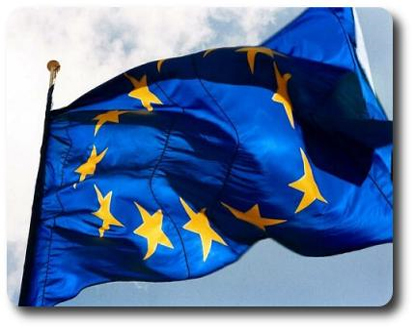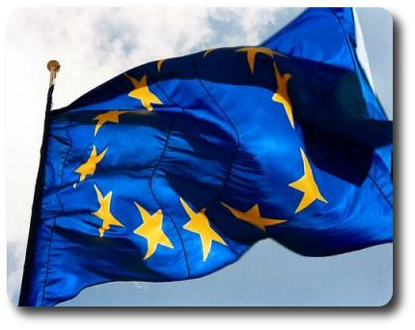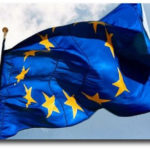If the eurosceptic parties make a significant breakthrough in the upcoming European elections, the Union could very well experience a “shutdown” of its own.

The United States and the EU share a common characteristic: they are, in political science jargon, “mixed regimes,” characterized by a strong separation of powers and the existence of numerous checks and balances.
While the European Parliament has never been very popular, most of its members had at least one thing in common: they were overall Europhiles.
In fact, the Parliament currently has more influence than most Europeans assume, and EU democratization projects have often focused on extending the powers of MEPs — based on the naive assumption that the Parliament will always be Europhile.
But what would happen if it were taken over by a European version of the Tea Party, a movement that follows the principle that the government itself is the problem?
A significant number of truly eurosceptic parties simply want to dismantle the EU, even though they present fundamental contradictions. They invoke their democratic legitimacy based on the votes they received in the European elections, while refusing to recognize the democratic legitimacy of the latter.
However, they want only one thing: for the EU to lower the curtain.
Marine Le Pen’s National Front (leading in French polls for the 2014 European elections), Geert Wilders’ anti-immigration and anti-Islam party in the Netherlands, and the UKIP in the UK are trying to forge a pan-European eurosceptic alliance in the ELD group, a kind of international of nationalists.
Unless they truly desire a dysfunctional EU, European citizens should think carefully before voting for these parties. Because they will not have a different policy, but simply paralysis.
In fact, the major Europhile parties will have to win at least 70% of the seats to avoid a “nightmare legislature”.



